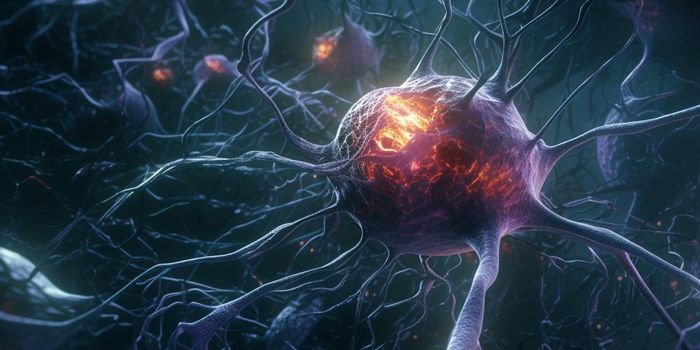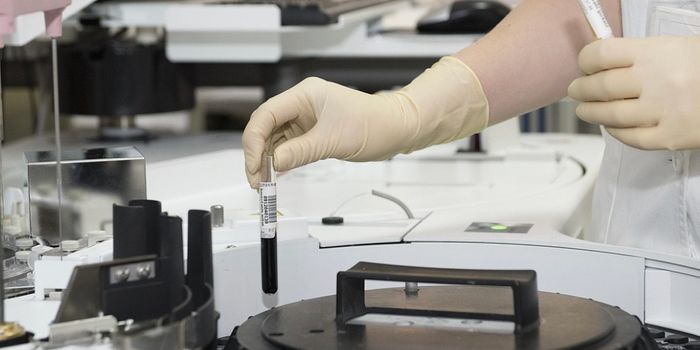Research Reveals Role of Leptin in Human Appetite
Image: Reichenbach et al., 2012
A drop in leptin concentration, a hormone released from fat stores, was vaguely understood to influence increased appetite. New research out of Yale University shows that an unexpected intermediate step in the endocrine system connects the decrease of leptin secretion and increased feeling of appetite.
The body tracks fluctuations in leptin concentration, monitoring when leptin (and therefore, fat) decreases. The critical decrease in leptin that triggers a response depends on the normal range of leptin secretion in the individual.
A drop in blood sugar concentration, because of short-term starvation (dieting) or unmanaged diabetes, triggers the breakdown of fat stores, which reduces leptin secretion, and causes energetic stress. The stress of maintaining homeostasis triggers the release of “stress hormones,” in this case, corticosterone. Blood plasma transports corticosterone from the adrenal glands to the brain. The research found that corticosterone is an inhibitor of the AgRP neuron receptors. AgRP neurons naturally suppress appetite, but when bound to corticosterone, the receptors are inhibited, and the feeling of appetite is present.
The discovery of leptin was thought to change the weight-loss industry, but surrounding biochemical pathways were not studied. This blind spot in research left the assumption that leptin concentration was linearly related to appetite. The new study out of Yale University gives further insight into related biochemical pathways and offers AgRP receptors as the next frontier for combating obesity. Gene therapy has exponentially expanded in recent years, and the inactivation of neuron receptors is well within the realm of possibilities. However, as an author of the study remarked, thorough research into the viability of AgRP as a therapeutic target would need to be conducted.
Sources: Shulman et al., ScienceDaily, Medical and Life Sciences News, E. Hormone








